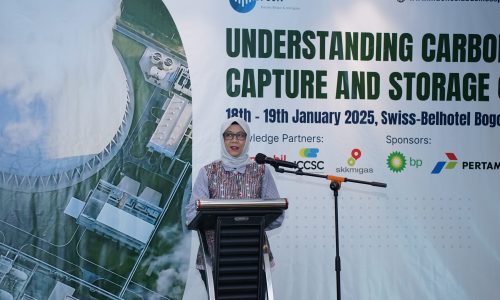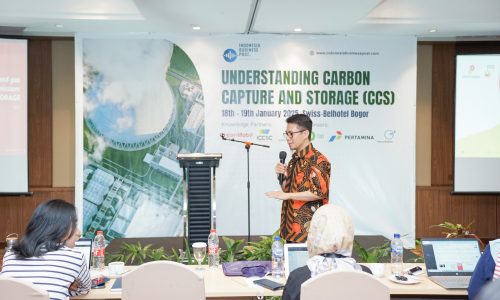Indonesia has seen a significant rise in the popularity of “staycation” in the past few years. The trend has gained immense popularity, especially among millennials who seek to take a break from their busy schedules without having to leave their city or their country.
Data from the Statistics Indonesia (BPS) for the May 2021-May 2022 period revealed that the popularity of staycations in the past year has resulted in an increase in the occupancy rate of star-rated hotel rooms by 49.85%. This was triggered by the government’s policy to impose mobility restrictions due to the COVID-19 pandemic.
Clinical psychologist Kevin Chapman shared his view on the various ways people were coping with pandemic burnout. As it turns out, a change of scenery and routine, whether by visiting a local park, picking up a new hobby or even taking a trip to a nearby hotel or vacation rental, could be beneficial to one’s mental health.
“The trend of being able to create a ‘staycation’ that resembles a vacation but minus the bells and whistles definitely increases people’s subjective perception of feeling normal,” he said, as quoted by travelandleisure.com on May 2, 2021.
Staycation helps tourism rebound
Indonesia was among many countries which tourism was heavily impacted by the pandemic. Starting from February 2020, the number of foreign tourists entering Indonesia has decreased drastically, and the peak took place in April 2020 with only 158,000 tourists, according to the Tourism and Creative Industry Ministry.
In total, only around 4 million people visited Indonesia throughout 2020, which was 25% of the number of incoming tourists in 2019. The large-scale social restrictions and the closure of access to and out of Indonesia has caused a decrease in state revenue from tourism of IDR 20.7 billion (US$ 1.4 million).
Tourism Minister Sandiaga Uno said in December 2022 that the number of foreign tourists visiting Indonesia until October 2022 reached 3.92 million, a significant increase from 2021’s 1.56 million.
A joint research by online travel company tiket.com and the tourism ministry’s Centre for Data and Systems Information showed that domestic travel has continued to thrive, with Jakarta, Surabaya and Medan remaining the top destinations for local tourists. Domestic air ticket sales have also shown improvement from 2020, indicating stable consumer behavior. This is a promising sign for the industry, which has relied heavily on domestic tourists, in the absence of international visitors.
The BPS also stated that domestic travelers prefer to go for staycation in Jakarta, West Java and East Java. Villa and apartment bookings on tiket.com reflected this trend, with reservations doubling during the pandemic to 204%.
“The next traveling pattern will follow what existed yesterday during the pandemic, such as the staycation trend,” tiket.com Co-Founder & Chief Market Officer Geary Undarsa said on December 13, 2022.
Chief Marketing Officer Traveloka, Shirley Lesmana, said that “Staycation data by Traveloka consumers in August 2022has doubled compared to 2021.” She added that Bandung, Yogyakarta and Bali were her consumers’ favorite destinations.
Lesmana said that consumers considered the surrounding area and completeness of the facilities when choosing accommodation for a staycation as most of them would spend their time in or near their hotels or villas. The next considerations was mountain or beach views, the distance between the accommodation and popular tourist attractions, shopping centers and culinary attractions.
Potential opportunities for hospitality industry
The growing popularity of staycations in Indonesia presents a multitude of opportunities for the hospitality industry. Firstly, there is a potential for the industry to expand its offerings and create new experiences that cater to the growing demand for staycations. For example, hotels and resorts can create staycation packages that include unique experiences such as cultural tours, outdoor activities and local food tastings. Additionally, the rise of staycations has led to the emergence of alternative accommodations such as vacation rentals, homestay and glamping sites. These alternative accommodations present an opportunity for the industry to diversify its offerings and cater to different types of travelers.
Another potential opportunity is the chance to build stronger relationships with local communities. As more Indonesians choose staycation, the industry can work with local businesses and communities to create a more authentic and sustainable travel experience. This includes sourcing local products for hotels and resorts, working with local guides for tours and activities and supporting community development projects. By building these relationships, the hospitality industry can create a more positive impact on local communities and attract more socially-conscious travelers who are looking for meaningful travel experiences.








